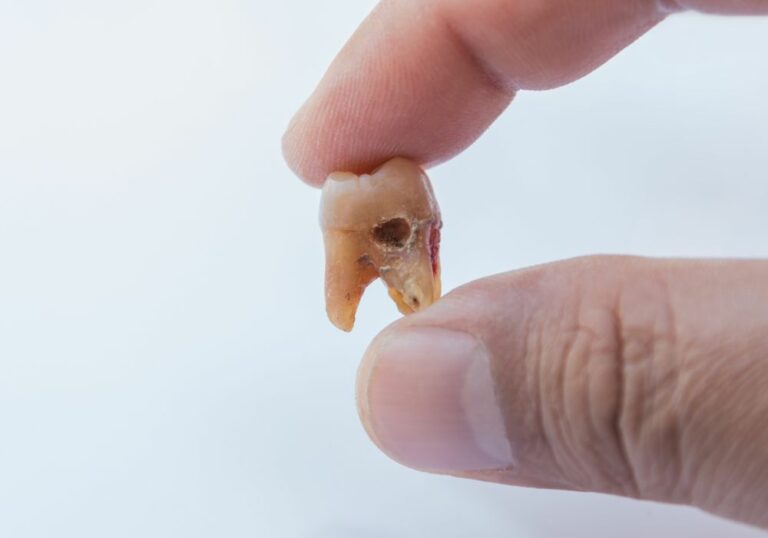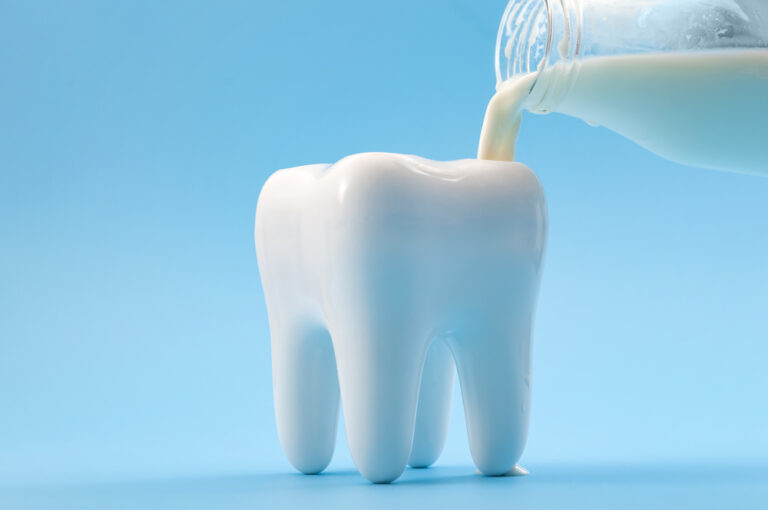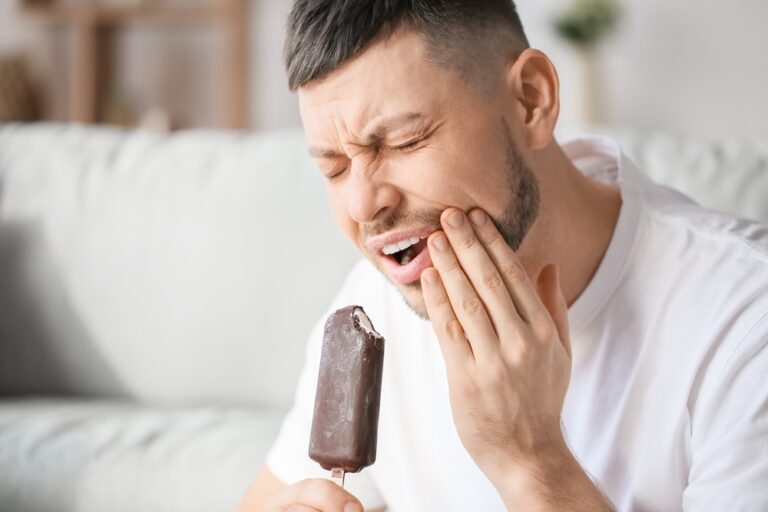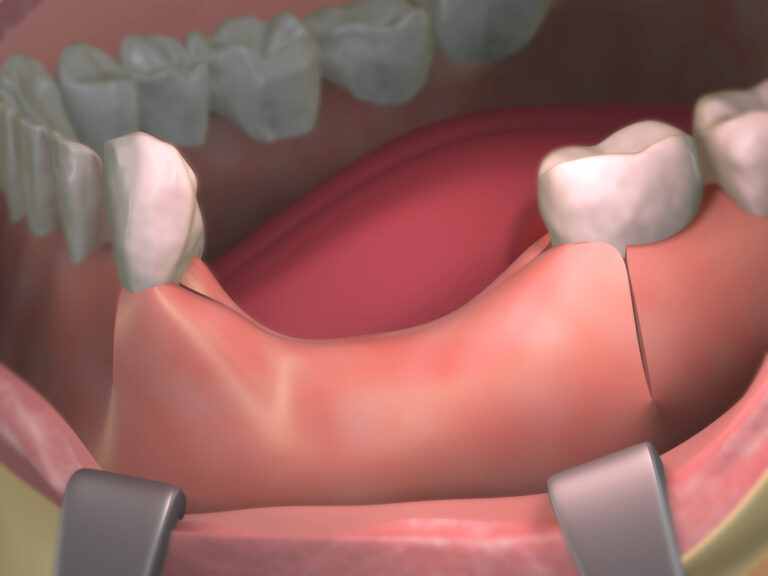Do you have yellow teeth from smoking? If so, you’re not alone. Many smokers struggle with discolored teeth due to the nicotine and tar in cigarettes. These substances can seep into the pores of your teeth, causing them to turn yellow or brown over time.
Fortunately, there are ways to fix yellow teeth from smoking. One option is to try at-home remedies, such as brushing with baking soda or using whitening strips. These methods can help remove surface stains and brighten your smile. However, they may not be as effective for deeper stains caused by smoking.
If you’re looking for a more powerful solution, professional teeth whitening may be the way to go. This involves using a bleaching agent to remove stains and restore the natural color of your teeth. While it can be more expensive than at-home remedies, it tends to be more effective and longer-lasting.
Understanding Yellow Teeth from Smoking
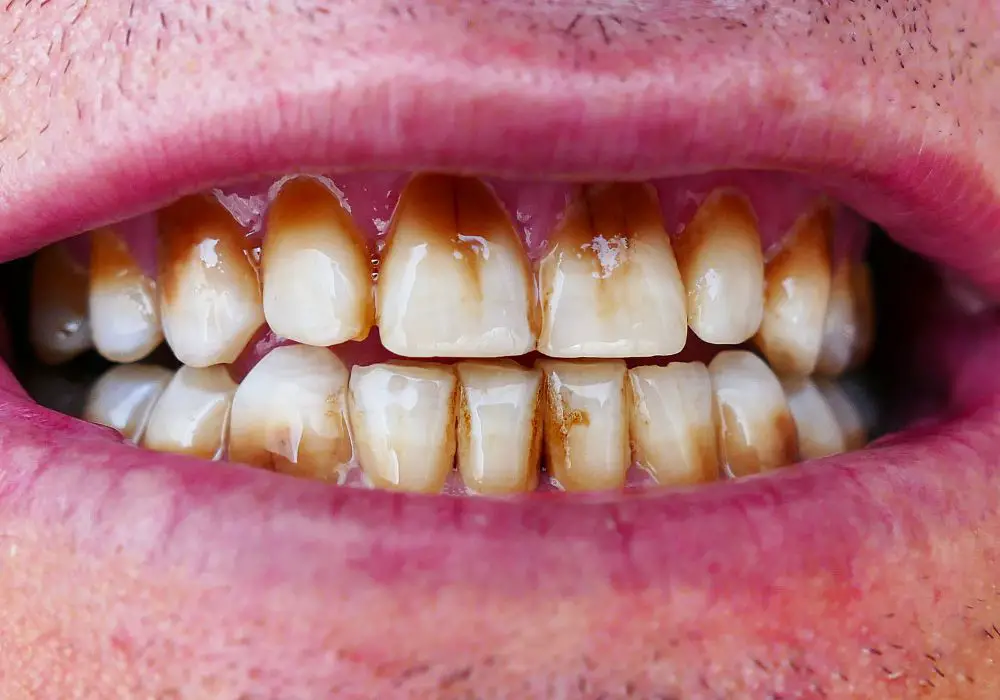
If you’re a smoker, you may have noticed that your teeth have become yellow or stained over time. This is a common problem among smokers, and it can be quite noticeable and difficult to get rid of. In this section, we will help you understand why smoking causes yellow teeth and how it affects your oral health.
Causes of Yellow Teeth
When you smoke, the tar and nicotine in tobacco can cause a buildup of plaque and tartar on your teeth. This can lead to yellowing and staining of your teeth. In addition, smoking can also cause your gums to recede, which can expose the roots of your teeth and make them appear yellow.
Other factors that can contribute to yellow teeth include poor oral hygiene, drinking coffee or tea, and consuming acidic foods or drinks. However, smoking is one of the most common causes of yellow teeth.
Effects on Oral Health
Yellow teeth from smoking can be more than just a cosmetic issue. Smoking can also have negative effects on your oral health. For example, smoking can increase your risk of gum disease, tooth decay, and oral cancer.
Gum disease is a common problem among smokers, and it can cause your gums to become inflamed, bleed, and recede. This can lead to tooth loss and other serious health problems.
Smoking can also increase your risk of tooth decay by reducing the amount of saliva in your mouth. Saliva plays an important role in neutralizing acids in your mouth and washing away food particles and bacteria.
In addition, smoking can increase your risk of oral cancer, which can be life-threatening if not detected early. Oral cancer can affect your lips, tongue, gums, and other parts of your mouth.
Overall, yellow teeth from smoking can be a sign of more serious oral health problems. If you’re a smoker, it’s important to take steps to quit smoking and improve your oral hygiene to prevent further damage to your teeth and gums.
Methods to Fix Yellow Teeth
If you are a smoker, you may have noticed that your teeth are turning yellow. This is because smoking can cause nicotine and tar to build up on your teeth, leaving unsightly stains. Fortunately, there are several methods you can use to fix yellow teeth caused by smoking.
Professional Dental Treatments
If you want to fix yellow teeth quickly and effectively, you may want to consider professional dental treatments. Here are some of the most popular options:
- Teeth Whitening: This is a process where a dentist applies a bleaching agent to your teeth to remove stains and discoloration. There are several different types of teeth whitening treatments available, including in-office treatments and take-home kits.
- Veneers: Veneers are thin shells that are placed over your teeth to improve their appearance. They can be used to cover up stains, chips, and other imperfections.
- Bonding: Bonding is a process where a dentist applies a tooth-colored resin to your teeth to cover up stains and improve their appearance.
Home Remedies
If you prefer to fix yellow teeth at home, there are several remedies you can try. Here are some of the most effective options:
- Baking Soda: Baking soda is a natural whitening agent that can help remove stains from your teeth. You can mix baking soda with water to create a paste, then apply it to your teeth and brush as usual.
- Hydrogen Peroxide: Hydrogen peroxide is another natural whitening agent that can help remove stains from your teeth. You can mix hydrogen peroxide with water to create a mouthwash, then swish it around in your mouth for a few minutes before spitting it out.
- Oil Pulling: Oil pulling is a traditional Indian remedy that involves swishing oil around in your mouth to remove toxins and bacteria. You can use coconut oil, sesame oil, or another type of oil for this remedy.
Remember, while these remedies can be effective, they may not work as well as professional dental treatments. If you have severe staining or discoloration, you may want to consider visiting a dentist for a consultation.
Prevention Strategies

If you’re a smoker, the best way to prevent yellow teeth is to quit smoking. However, if you’re not ready to quit just yet, there are still some things you can do to prevent further staining.
Quitting Smoking
The most effective way to prevent yellow teeth is to stop smoking altogether. When you quit smoking, not only will your teeth thank you, but your overall health will improve as well. If you’re having trouble quitting on your own, consider seeking help from a healthcare professional or support group.
Regular Dental Care
Regular dental care is essential for maintaining good oral health and preventing yellow teeth. Make sure to brush your teeth twice a day with a fluoride toothpaste and floss daily to remove plaque and prevent staining. Additionally, consider using a mouthwash to freshen your breath and kill bacteria.
It’s also important to visit your dentist regularly for cleanings and checkups. During these visits, your dentist can remove any surface stains and provide you with tips on how to maintain good oral hygiene.
In addition to regular dental care, there are some other things you can do to prevent yellow teeth:
- Limit your intake of coffee, tea, and red wine
- Drink plenty of water to rinse away food particles and bacteria
- Use a straw when drinking sugary or acidic beverages to minimize contact with your teeth
- Chew sugar-free gum to stimulate saliva production and neutralize acid in your mouth
By following these prevention strategies, you can help keep your teeth healthy and white, even if you continue to smoke.
Long-Term Implications of Smoking on Dental Health
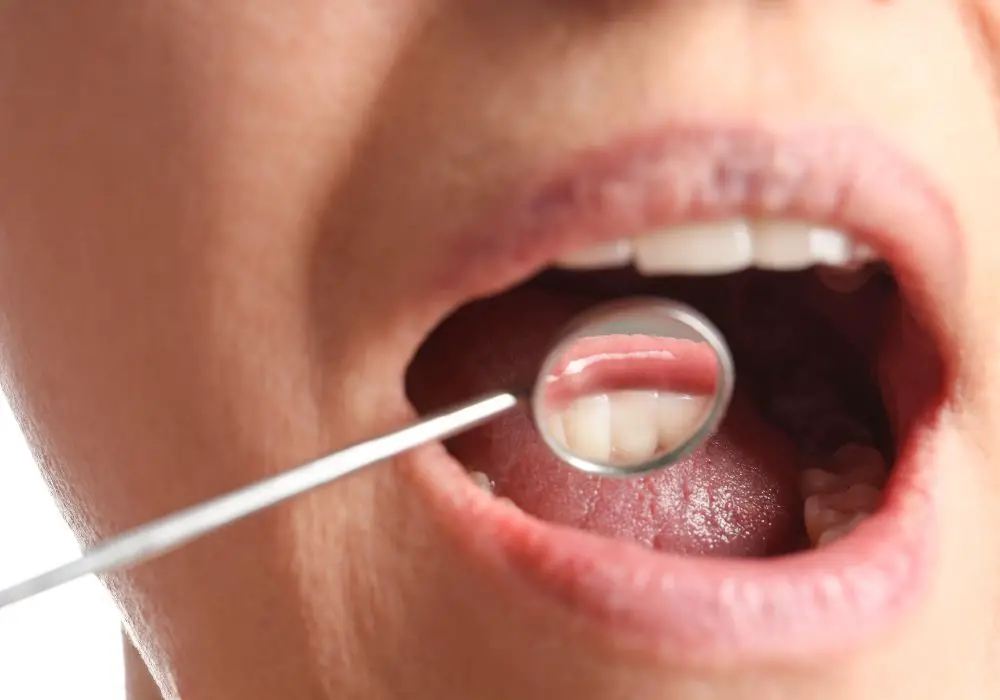
Smoking has long-term implications on your dental health. It can cause a range of problems that can lead to tooth decay, gum disease, and tooth loss. Here are some of the ways smoking can affect your dental health in the long term:
- Stained Teeth: Smoking can cause yellow or brown stains on your teeth that can be difficult to remove. These stains can make your teeth look unattractive and affect your confidence.
- Bad Breath: Smoking can also cause bad breath, which can be difficult to mask. The smoke and chemicals in cigarettes can leave a foul odor in your mouth that can linger even after you brush your teeth.
- Gum Disease: Smoking is a significant cause of gum disease, which can lead to tooth loss. Gum disease is an infection of the gums and can affect the bone structure that supports your teeth. Smoking can weaken your immune system, making it harder for your body to fight off infections.
- Tooth Loss: Smoking can cause tooth loss by weakening the bone structure that supports your teeth. It can also lead to gum disease, which can cause your teeth to become loose and eventually fall out.
- Oral Cancer: Smoking is a leading cause of oral cancer, which can be life-threatening. Oral cancer can affect your lips, tongue, throat, and other parts of your mouth. Smoking can also increase your risk of other types of cancer, including lung cancer.
If you smoke, it’s important to take steps to protect your dental health. Quitting smoking is the best thing you can do for your overall health and well-being. You should also maintain a good oral hygiene routine, including brushing your teeth twice a day, flossing daily, and visiting your dentist regularly. Your dentist can help you develop a plan to maintain your dental health and address any issues that may arise.
Frequently Asked Questions
What are some effective ways to remove nicotine stains from teeth?
There are several effective ways to remove nicotine stains from teeth. One of the most popular methods is to use whitening toothpaste that contains baking soda. You can also use whitening strips or gels that contain hydrogen peroxide. Another option is to get a professional teeth whitening treatment from your dentist.
How can tobacco stains on teeth be prevented?
The best way to prevent tobacco stains on teeth is to quit smoking or using other tobacco products. If you do smoke, you can try to minimize the staining by brushing your teeth regularly and using a mouthwash that contains hydrogen peroxide. You can also try to limit your intake of coffee, tea, and other dark beverages that can stain your teeth.
What are the best teeth whitening options for smokers?
The best teeth whitening options for smokers are professional teeth whitening treatments and over-the-counter whitening products that contain hydrogen peroxide. These products can help to remove deep stains and restore your teeth to their natural color. However, it’s important to talk to your dentist before using any whitening products to make sure they are safe for your teeth.
Can smoking cause permanent damage to teeth and gums?
Yes, smoking can cause permanent damage to teeth and gums. Smoking can increase the risk of gum disease, tooth decay, and oral cancer. It can also cause staining and discoloration of the teeth. Over time, smoking can lead to serious dental problems that may require extensive treatment.
Is it possible to whiten smokers’ teeth?
Yes, it is possible to whiten smokers’ teeth. However, the process may take longer and require more intensive treatment than whitening the teeth of non-smokers. It’s also important to note that the results may not be as dramatic as they would be for someone who doesn’t smoke.
Are there any home remedies to remove deep stains from teeth?
There are several home remedies that can help to remove deep stains from teeth. One of the most popular is to use baking soda and hydrogen peroxide to create a paste that can be applied to the teeth. You can also try rubbing the inside of a banana peel on your teeth, as the minerals in the peel can help to whiten the teeth. However, it’s important to talk to your dentist before trying any home remedies to make sure they are safe for your teeth.

